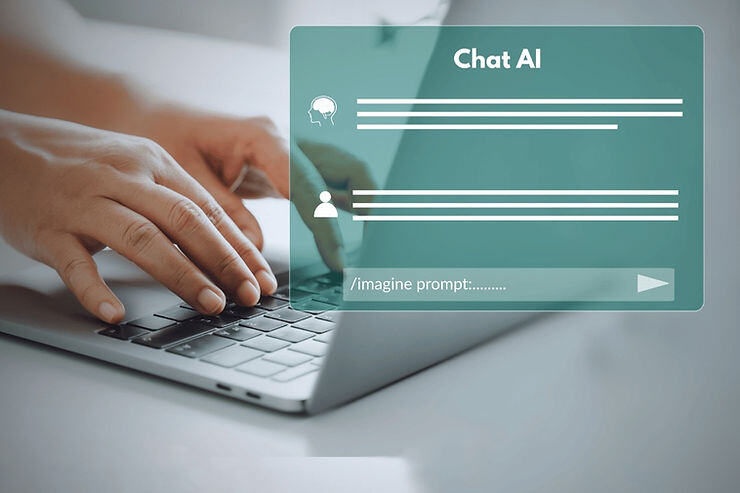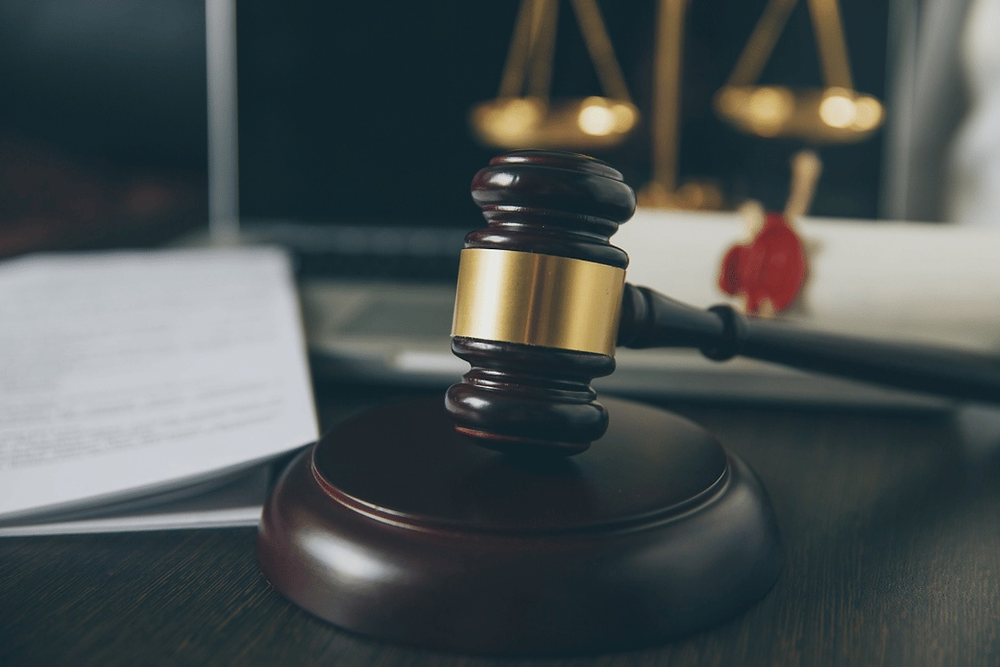
Today, we delve into a topic that has been generating a lot of buzz lately—whether Artificial Intelligence (AI) can be trusted with legal questions. As a lawyer, I want to provide insights on this evolving technology and its current limitations. However, I must clarify that this discussion is not legal advice but rather my personal opinion.
Understanding Generative AI
To start, let's break down the basics of generative AI. In simple terms, AI generates new content, often in response to a prompt. Examples include AI-generated images and music. Based on large language models, we'll focus on text-based generative AI, such as Google's Bard or OpenAI's Chat GPT.
Large Language Models Explained
A large language model (LLM) is a neural network trained on vast amounts of unlabeled text. LLM allows it to develop emergent abilities and generate responses to prompts.
The Question: Can Generative AI Provide Reliable Legal Answers?
My opinion is no; it cannot—at least not yet. AI-powered chatbots tend to confidently present false information without warning, a phenomenon called "hallucinating."
Some chatbots might offer correct legal answers when directly asked, but they are only sometimes reliable. Let me illustrate this through some conversations I've had with AI chatbots:
Example 1: False Historical Answers
I asked an AI chatbot about the "Washington Reynolds affair," it confidently claimed it occurred in the summer of 1791, which is entirely false. This example highlights the chatbot's potential to provide incorrect information.
Example 2: Misleading Explanations
When I inquired about why Aaron Burr shot Charles Dickinson, the AI provided a detailed explanation with no factual basis. Aaron Burr had a famous duel with Alexander Hamilton but not with Charles Dickinson.
I might have baited the AI slightly with deliberately false information. Still, these are questions that a genuinely curious individual might ask in good faith.
Inconsistent Responses
While some chatbots may correct users' mistakes, they must do so reliably. They often responded negatively when directly asked if they could provide legal advice. However, when asked a legal question, they would still offer answers.
AI in Legal Research
Some attempts were made to use AI for legal research, but not all have succeeded. A case involving two attorneys sanctioned for using AI-generated citations to non-existent cases highlights the limitations of relying solely on AI.
Caution is Key
In conclusion, AI cannot yet be relied upon to provide accurate legal information. For non-lawyers, I strongly advise against using AI for legal advice. Even for lawyers or qualified individuals, AI should only serve as a starting point for research, and its findings must be carefully vetted and verified.
The Future of AI in Law
While AI technology continues to evolve rapidly, we are not yet at a point where it can replace human lawyers' critical thinking and expertise. We may see advancements in its reliability as AI progresses, but approaching AI cautiously is essential.
If you live in Nevada and want talk more about this, please feel free to give our office a call for a complimentary phone consultation. You can book directly online or you can call our office at (702)850-7798 to schedule.






